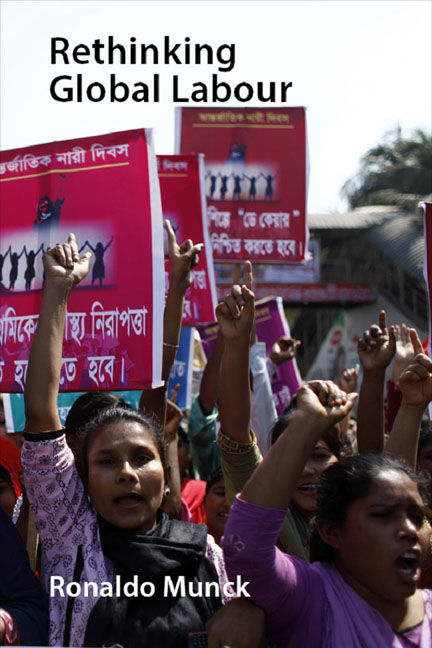2 - The Golden Era
Published online by Cambridge University Press: 09 August 2023
Summary
Capitalism as a stable and seemingly sustainable mode of production came into its own in the aftermath of the Second World War. After this terrible, destructive period in human history, which began really in 1914, then continued with the 1929 crash and the slump of the 1930s, leading into the Second World War, a new vista of stable capital accumulation and harmonious labour relations opened up in the West. When the British prime minister, Harold Macmillan, in 1957 told people that “most of our people have never had it so good” he was not just politicking and he was not just speaking of Britain. We need only to recall that, between 1950 and 1973, output per capita in the industrialized countries rose three times more rapidly than the average of the previous 130 years. This new model capitalism created a new model of social regulation, which included Fordist production methods and the welfare state, at least for the advanced industrial societies. The first two sections of this chapter examine the basis of this unpredicted expansion of capitalism and its implications for the workers of the West. This was the heyday of national capitalism and corporatism, of the increased role of the state in economic affairs and in regulating relations between labour and capital. But, as the third section shows, the Third World, or developing countries, did not partake of the synergy and prosperity of the golden era. A new international division of labour, or NIDL, incorporated these countries into a global capitalist economy, but in a subordinate and uneven manner. The final section of this chapter examines the various versions accounting for the end of the golden era at some point in the early 1970s. My interpretation of the making and unmaking of the golden era, in both the North and the South, is specifically in terms of its implications for workers and the labour movement.
New model capitalism
The great crash of 1929, and the long depression of the 1930s that followed, provided a salutary shock to the economic and political leaders of capitalism.
- Type
- Chapter
- Information
- Rethinking Global LabourAfter Neoliberalism, pp. 31 - 54Publisher: Agenda PublishingPrint publication year: 2018



